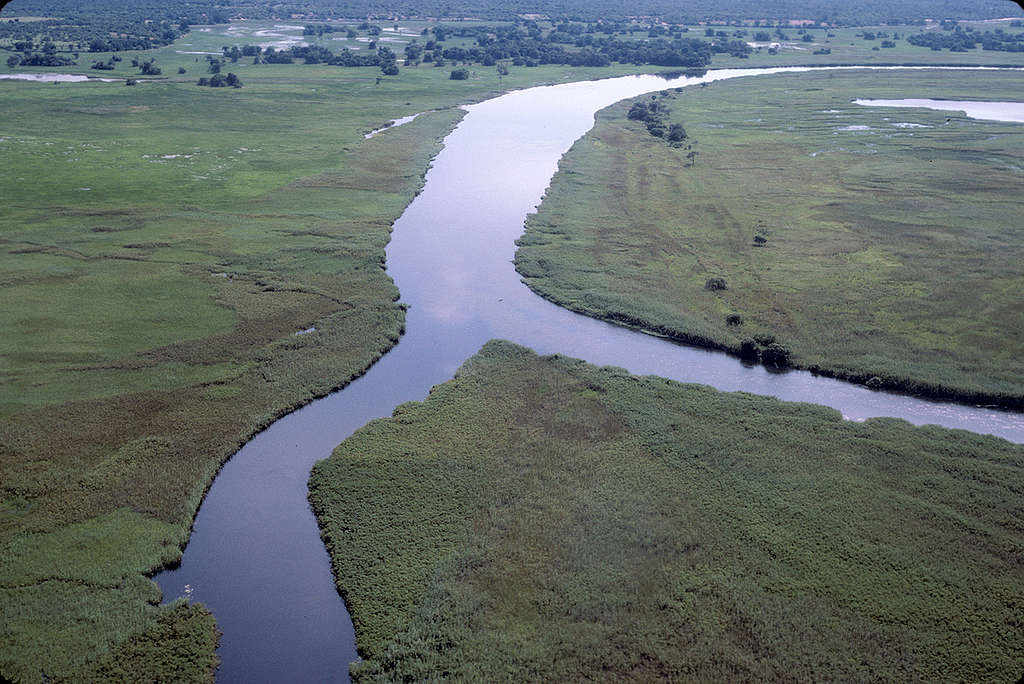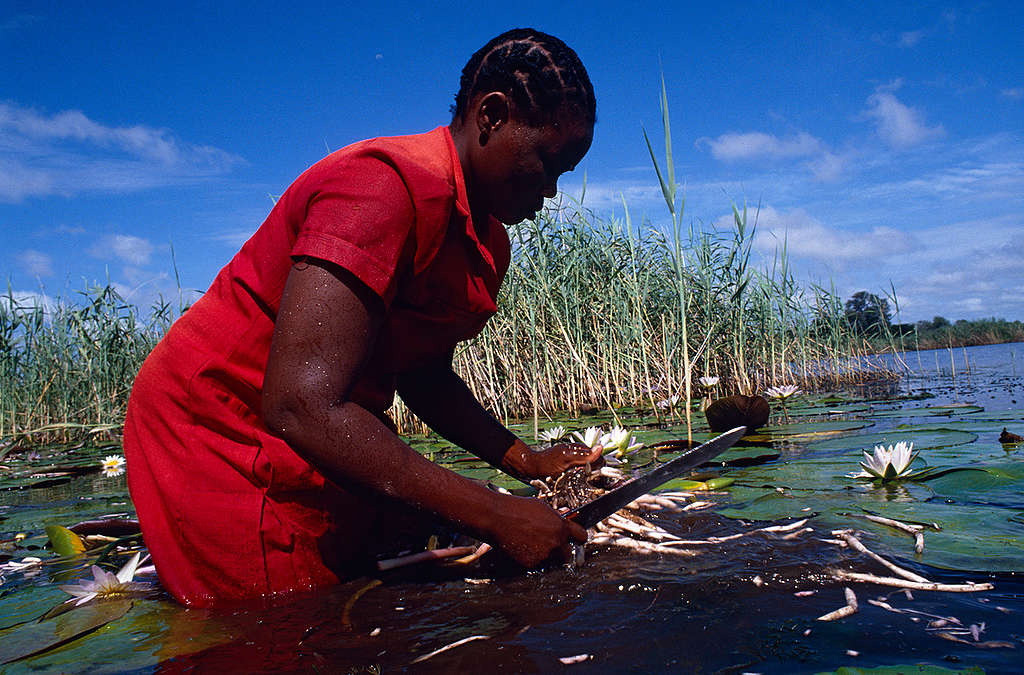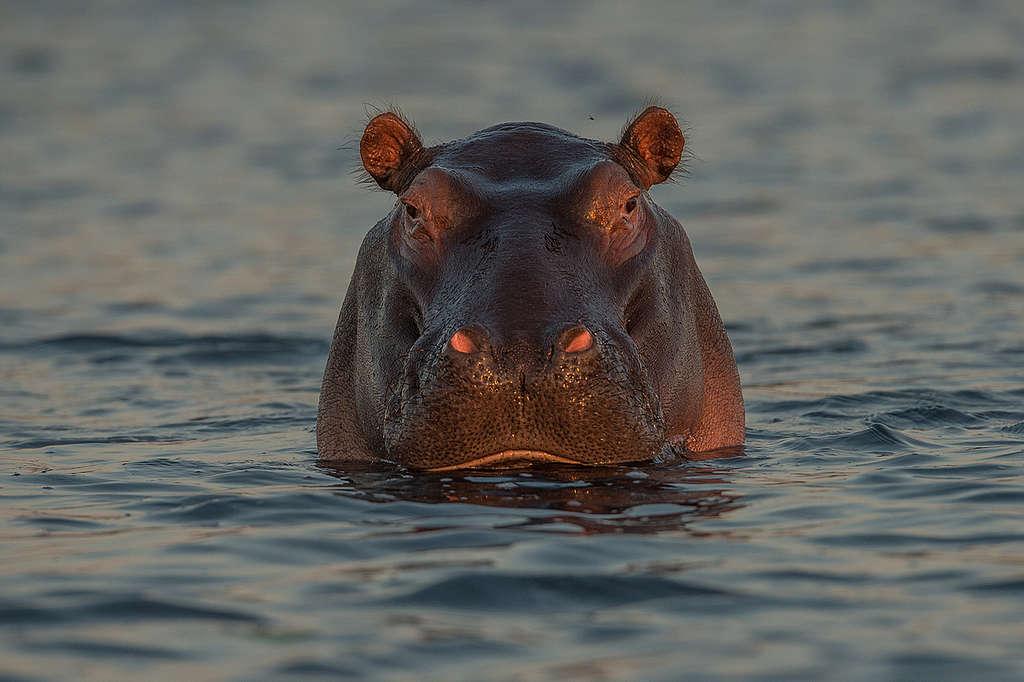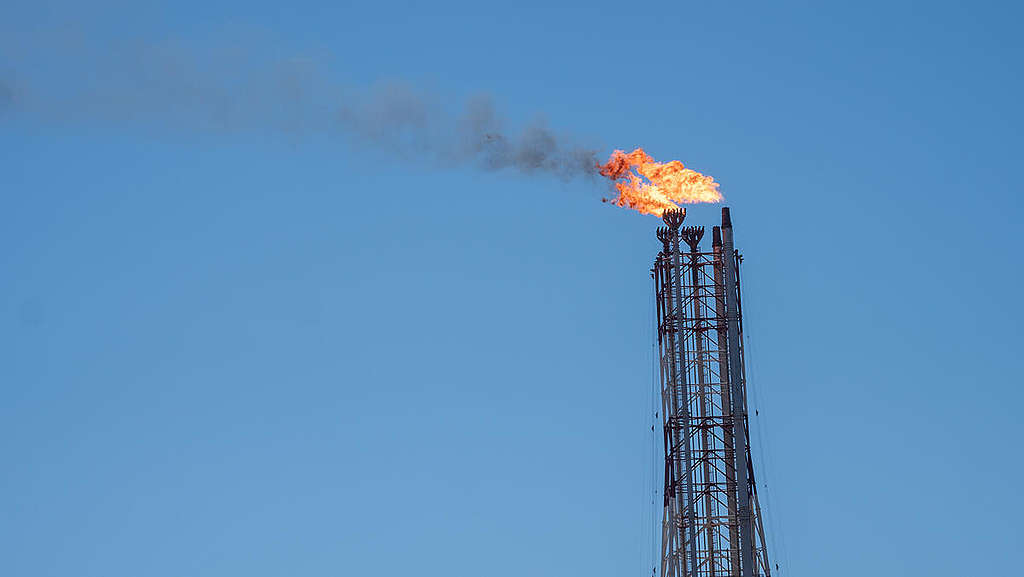Activists who disrupted the African Energy Summit in London last week once again drew the public's attention to a growing neo-colonial trend of scrambling for oil in Africa. In recent years, we've witnessed expanding resistance to rich countries taking Africa's natural resources and leaving already poor countries in survival mode after years of colonialism. One only needs to look at the devastating potential of planned drilling projects in the Okavango Delta to understand how costly oil colonialism can be to countries and communities in the Global South.
Saving the Okavango Delta – an African treasure
In 2019, news that a Canadian oil and gas exploration company, ReconAfrica, planned the go-ahead with fracking in some of Africa's most sensitive environmental areas sent shockwaves all over the world. The gas giant indicated that it planned to begin oil exploration in the Namibian headwaters of the Okavango Delta and the Tsodilo Hills, a World Heritage Site in Botswana.
Youth climate activists in the Namibian capital, along with Indigenous, environmental and human rights groups, reacted with an international outcry to prevent the impending environmental catastrophe that not only impacts the Okavango Delta's biodiversity – which includes a number of endangered species – but also the communities who depend on the Kavango Basin to sustain their culture and livelihoods.

1. The Okavango Delta is the main source of water in the region
The Okavango Delta situated in north-west Botswana comprises permanent marshlands and seasonally flooded plains. It is one of the very few major interior delta systems that do not flow into the sea or ocean, with a wetland system that is almost intact. One of the unique characteristics of the area is that the annual flooding from the River Okavango occurs during the dry season, with the result that the native plants and animals have synchronized their biological cycles with these seasonal rains and floods.

2. Local communities' livelihoods rely on the Okavango Delta
In one of the driest parts of the African continent, the Okavango Delta is the main source of water to local communities, which include the first people of Southern Africa: the San. Because its wetland system is practically intact, there is no contamination of its water which is essential to their food supply – and the food supply of both countries surrounding it. The Okavango Delta is also a major tourist attraction and is an important source of income and employment for people in both countries.
"Maybe our president needs to see for himself how many people this affects. Maybe then he will understand why we are desperately trying to stop fracking in the Okavango Delta," said Fridays For Future Windhoek activist Ina-Marie Shikongo. "They call anyone who stands up to their plan a hooligan. They've even called me a white environmentalist with an agenda – as if we, black people, do not care about ourselves or our environment. We have to prove them wrong."
3. The Okavango Delta is home to Southern Africa's first people
The Okavango Delta has been inhabited for centuries by Indigenous Peoples, with different groups adapting their cultural identity and lifestyle to the exploitation of particular resources, such as fishing or hunting. This form of low-level subsistence working in harmony with nature has no significant impact on the ecological integrity of the area. Today, mixed settlements of Indigenous Peoples and later immigrants to the area are located around the fringes of the basin.
"As the custodians of this land for thousands of years and the rightful current inhabitants, we've never been consulted, nor have we given the go-ahead to any entities to prospect for oil and gas," said San activist Q7 Beckett and other San leaders in a petition to stop ReconAfrica. "We are matriarch-led, and I grew up with all these grannies from that area, learning how to make medicine, how to heal people and play the bow instrument … Drilling for oil and gas will bring devastation."

4. The Okavango Delta is a major biodiversity hotspot
Due to its unique climate, the Okavango Delta is home to some of the world's most endangered species of large mammals, such as the cheetah, white rhinoceros, black rhinoceros, African wild dog and lion. It is also home to huge populations of elephants and hippos.

5. Oil Drilling in the Okavango Delta will exacerbate the climate crisis
Fridays For Future Windhoek revealed that the oil and gas 'play' of Canadian ReconAfrica in the Kavango region of Namibia and Botswana risks destroying chances of limiting global heating to 1.5°C as part of the Paris Climate Change Agreement. Based on ReconAfrica's own projections of 120 billion barrels of oil equivalent, the 'carbon gigabomb' comes in at up to 51.6 Gigatonnes of CO2, the equivalent of one sixth of the world's remaining carbon budget. This, among other issues, raises ocean temperatures and disrupts ocean ecosystems. Over 7,000 seal corpses were discovered along the Namibian coastline in recent years. Scientists concluded that the seal pups and mothers died of starvation because the seal moms were so thin.






